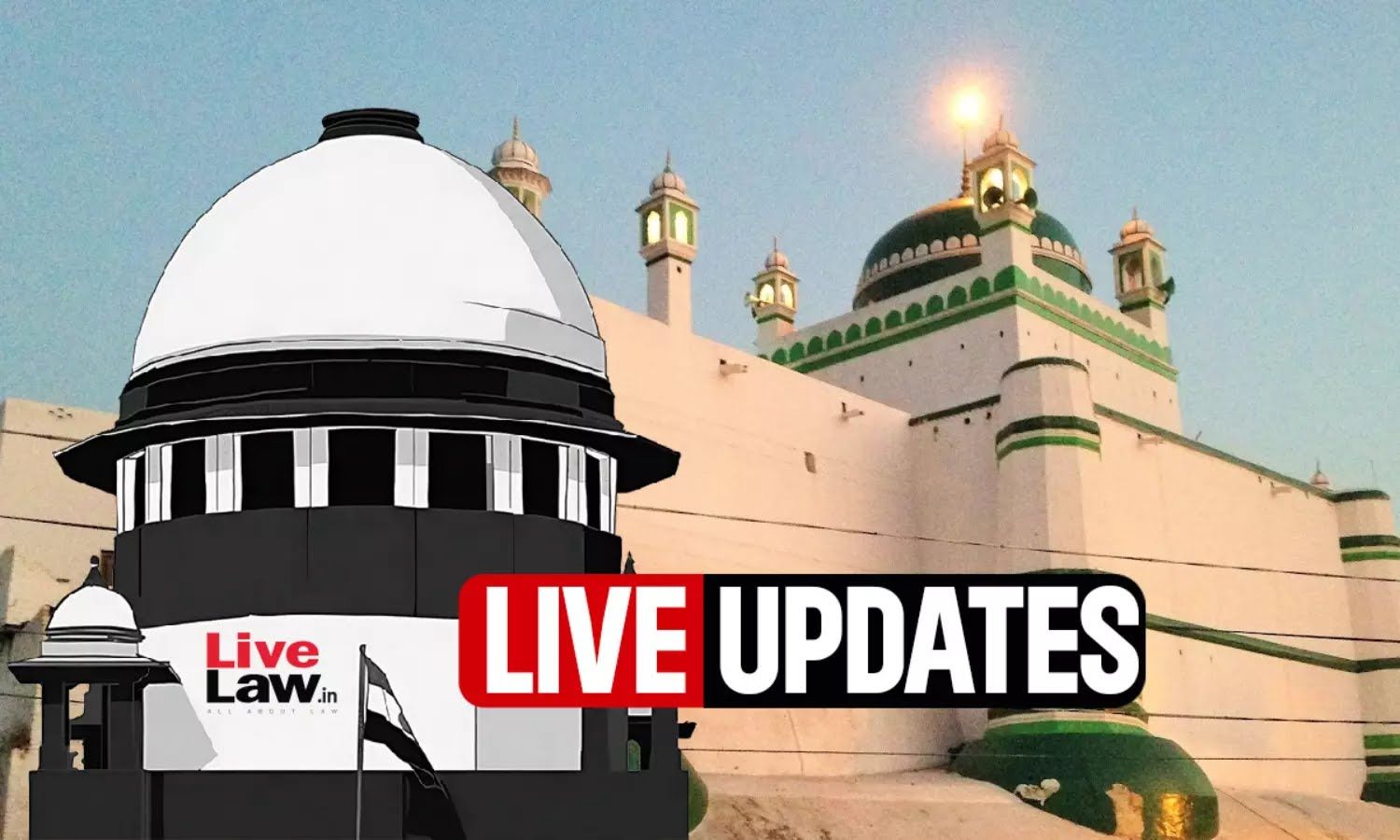Sambhal Jama Masjid Survey Sparks Controversy: What’s Happening in the Supreme Court?
Justin Jonathan Dsouza
History
about 1 year ago

Today, the Supreme Court is hearing a plea filed by the Sambhal Jama Masjid Committee challenging a controversial survey order. This case has raised significant concerns about the Places of Worship Act, the protection of historical monuments, and the broader implications for India’s secular fabric.
Let’s dive into the details of this unfolding story.
The Core of the Dispute
The Shahi Jama Masjid in Chandausi, a 16th-century mosque protected by the Archaeological Survey of India (ASI), has become the center of a heated legal and communal debate. The controversy began when a local trial court ordered a survey of the mosque after a petition claimed it was built on the remains of a pre-existing temple.
The Masjid Committee argues that this order was passed hastily without even notifying them. They cite the Places of Worship Act, 1991, which prohibits altering the religious character of any place of worship as it stood on August 15, 1947.
But there’s more to the story.
A Dangerous Pattern?
The mosque committee has flagged a troubling trend: surveys of mosques being ordered based on belated claims, often without proper legal scrutiny. They argue that such actions risk inflaming communal tensions and harming the delicate secular balance of the nation.
In this case, things escalated quickly. The survey was conducted late at night on November 19, immediately after the trial court’s order. Before the Masjid Committee could respond legally, they were notified—at midnight, no less—that another survey would take place early the next morning.
This led to chaos.
The Tragic Aftermath
On November 24, as the survey team arrived at the mosque with heavy police presence, tensions boiled over. Worshippers attending dawn prayers were asked to leave, sparking protests among the local residents. Reports indicate that police opened fire on the crowd, leading to four deaths and multiple injuries.
The mosque management has called this a case of “hot haste,” emphasizing that the rushed nature of the survey created fear and unrest in the area.
What’s at Stake?
This case isn’t just about one mosque or one survey. It raises larger questions:
1. Is the law being followed?
The Places of Worship Act exists to prevent precisely these kinds of disputes. Are courts bypassing this safeguard?
2. Who is responsible for the violence?
Could this tragedy have been avoided with proper communication and due process?
3. What does this mean for our secular fabric?
India thrives on its diversity. Actions that inflame communal tensions threaten the very foundation of our unity.
What’s Next?
As the Supreme Court takes up this plea, all eyes are on the bench of Chief Justice Sanjiv Khanna and Justice Sanjay Kumar. The Masjid Committee has urged the court to establish clear guidelines, ensuring that no such surveys are ordered without giving the defendants a chance to be heard.
This isn’t just a legal battle—it’s a test of how we uphold the principles of justice and secularism in today’s India.
Credits. Livelaw.in